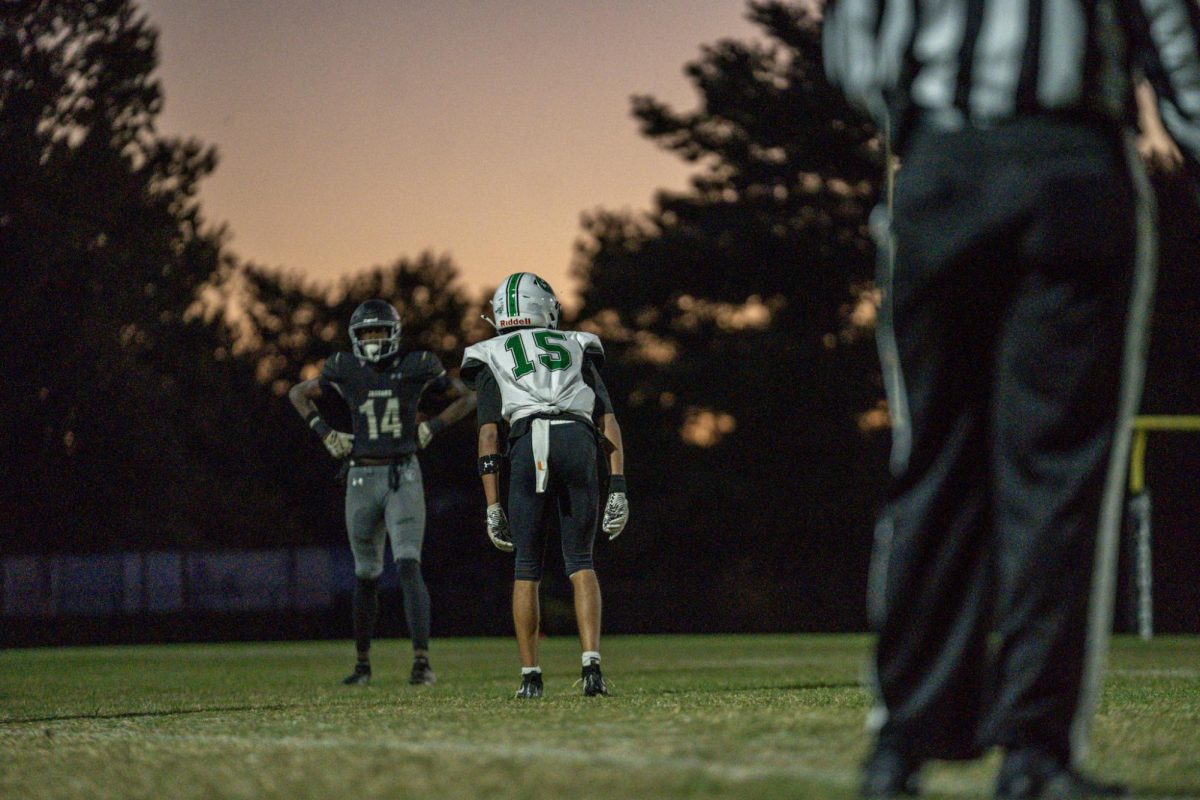Philadelphia, one week before the election.
After another police shooting was caught on camera, protesters took to the streets. Just as we’ve come to expect, demonstrations lasted deep into the night and were met with scorn from some parts of the nation and praise from others. Walter Wallace, a 27-year-old man from west Philadelphia, was shot several times by police officers in front of his own mother. When news of Wallace’s death reached the president, he responded on Twitter.
“Philadelpiha MUST HAVE POLL WATCHERS!”
Rather than offering condolences, Trump used this tragedy as an opportunity to push the idea that Philadelphia is an unsafe city and needed extra security on election day. This brief, misspelled statement from President Trump highlighted one of his main campaign strategies heading towards the election: fear-mongering.
For the past year, both President Trump and former Vice President Biden have tried to convince the American people that they would be unsafe under their opponent’s leadership. Biden cites Trump’s handling of COVID-19 as well as his recklessness when it comes to foreign affairs. Trump has pushed the idea that a Biden presidency would incite more riots, as is implied in the aforementioned tweet.
Emotions play a huge role in our decisions, which should not come as a surprise. Fear especially is a strong motivator of human behavior. A jolt of fear can overpower rational thought, which makes it effective as both a campaign tactic and as a marketing strategy. According to the SWOV Institute for Road Safety Research, fear appeals can affect attitudes and behaviors as long as the intended audience thinks that they specifically are in danger.
Trump successfully appealed to Floridian Cubans in 2020, due in part to a fear tactic which has kept them voting red for the past several decades. Trump ran ads in Spanish stating that the Democratic platform is akin to socialism and that Joe Biden is simply a Trojan Horse, or Caballo de Troya, for left-wing radicals, who Trump says is truly running the party. This ad campaign played on the hatred that older Cuban defectors have for Fidel Castro’s repressive socialist regime, which lasted from 1959 until his brother, Raul, took over in 2008.
Even though election day has passed, the spectre of fear still looms large. Republicans are afraid of Democrats “stealing” the election.Despite these concerns, the Election Infrastructure Government Coordinating Council said in a statement that they had “utmost confidence in the security and integrity” of the election.
They even went on to say, “The Nov. 3rd election was the most secure in American history.”
Social media moderators are now scrambling to quell this fear, with Twitter flagging most of Trump’s election-day tweets. Conservative pundits claim that this yet another case of “Big Tech” censoring their viewpoints.
“Big Tech is censoring conservative voices, including myself, from sharing information about post-election irregularities,” tweeted former House Speaker Newt Gingrich.
The term “post-election irregularities” is extremely vague for a reason. It’s meant to sow doubt in the election process and stir anger amongst the electorate. Anger, of course, goes hand in hand with fear.
Fear-based campaigning has left America divided, stressed and, of course, scared. Junior Noah Osterhues is a right-leaning independent who has been vocally critical of both President Trump and moderate Democrats. He says that from what he’s seen, “General anxiety, distrust, and borderline hatred grew amongst people [during this election cycle].” He is disgusted by the fact that people were making light of the deaths of Robert Trump and Beau Biden. If this election has shown us anything, it’s that fear and hatred go hand in hand.
I could evoke the old FDR quote about fear and say that there’s nothing to be afraid of, but that’s not the case. The fear and frustration that we’re feeling is justified. These are scary times, and we have every reason to be scared. However, fear is not all-consuming; it can be overcome. Now is the time to start healing, and before long, our fear, along with the rest of this forsaken election, will be nothing but a memory.















